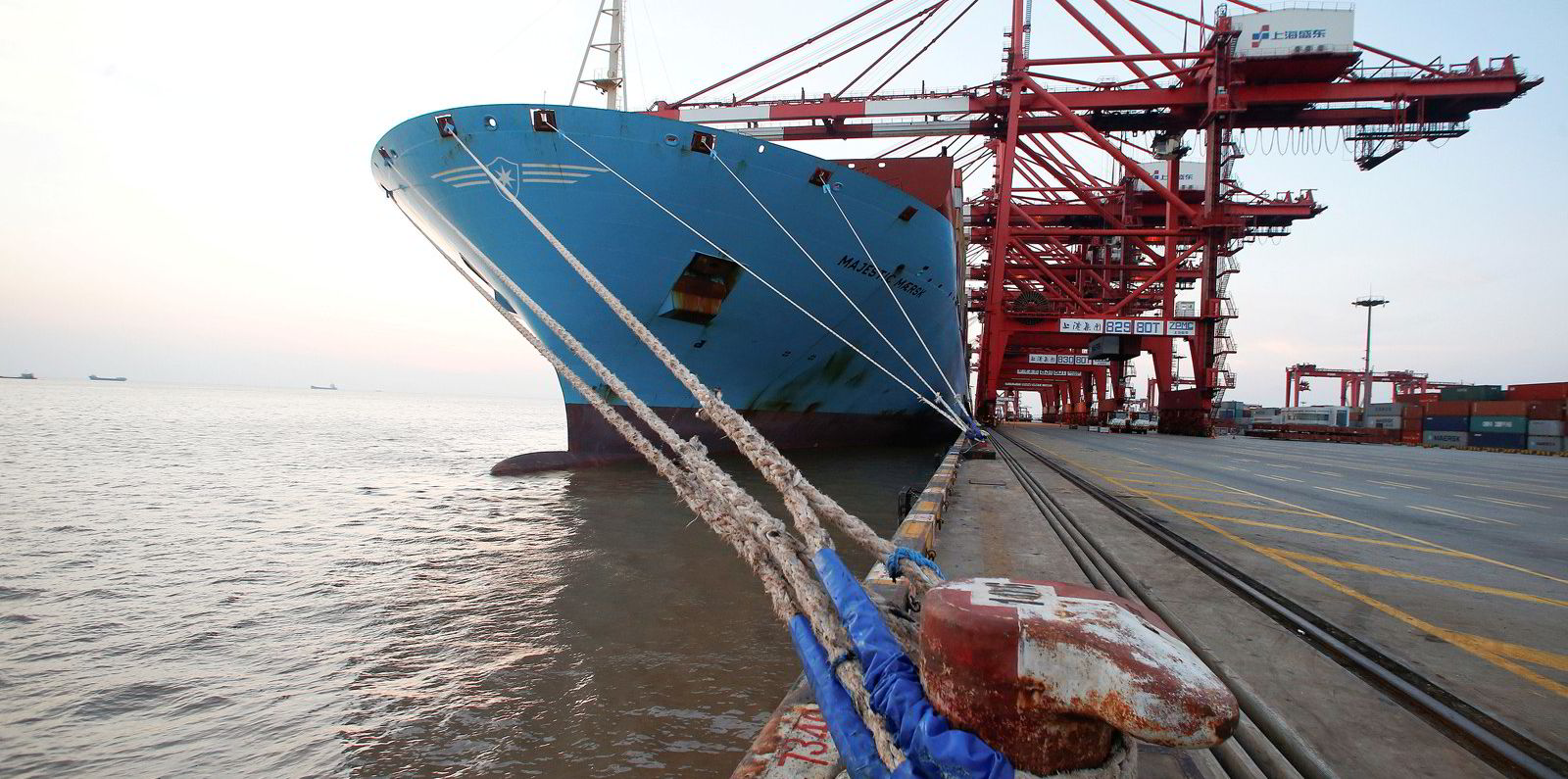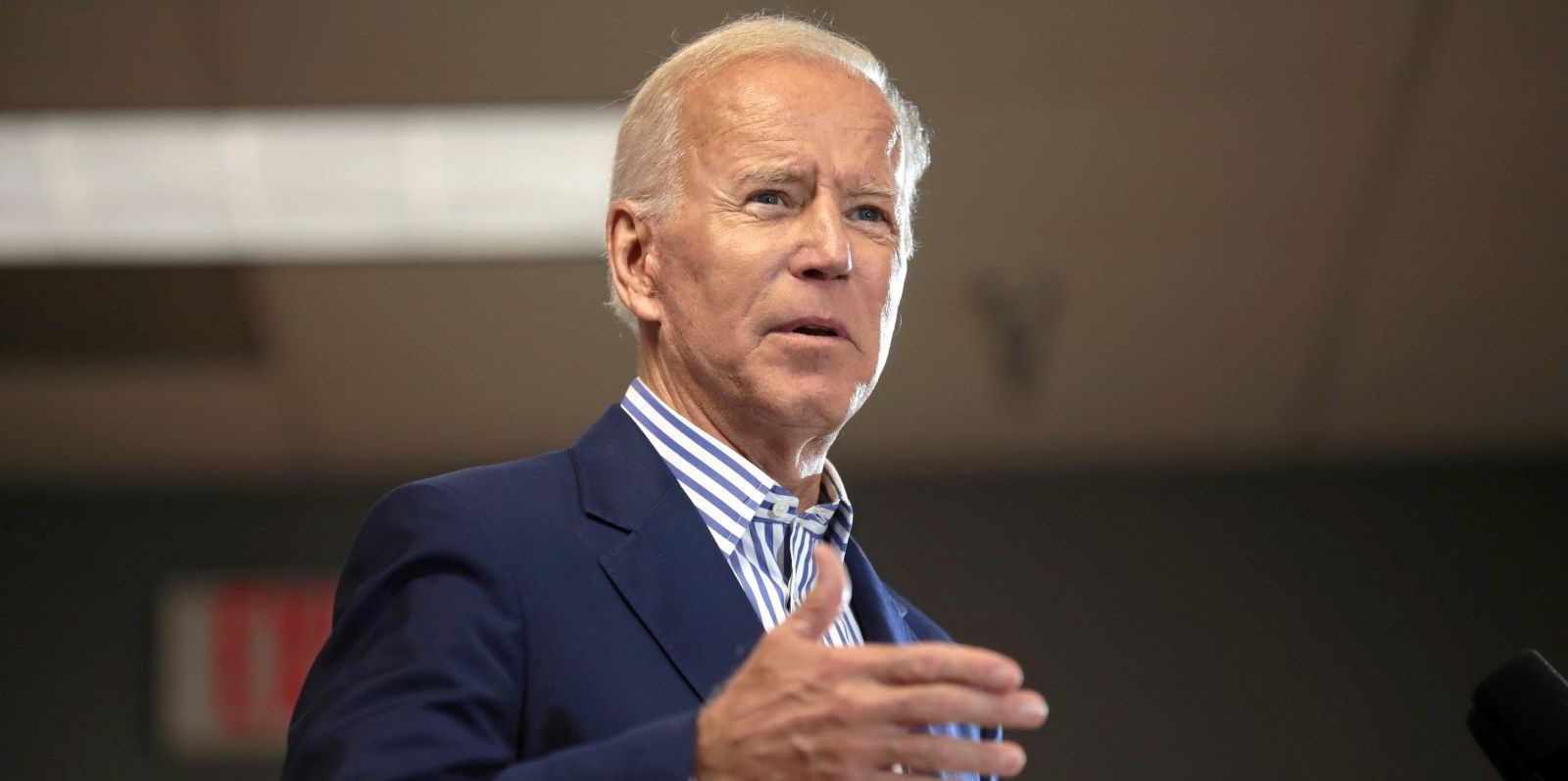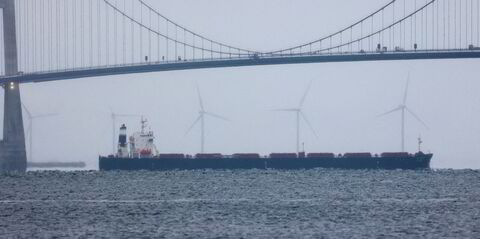For shipping, the spirit of US President Joe Biden's executive order on competition is as important as the letter.
The document, signed 9 July and raising the liner sector's hackles, does narrowly tailor the Federal Maritime Commission's (FMC) objective to investigating detention and demurrage charges levied on US exporters.
But the FMC is also the only federal agency to sign a memorandum of understanding with the Department of Justice's (DOJ) antitrust division and on Wednesday FMC chairman Daniel Maffei asked Congress for greater enforcement capacity.
"If you look at the document in general, they call it a 'whole of government' approach," said William Stallings, referring to Biden's executive order instructing a swathe of agencies to examine competitiveness in the US economy.
Stallings, an attorney at Mayer Brown, had previously spent 17 years in the DOJ's antitrust division, some of it focusing on transportation.
"The administration wants the agencies working together across the board when it comes to issues that affect competition."
The FMC's charge
Speaking to the House of Representatives Transportation and Infrastructure Committee's Subcommittee on Coast Guard and Maritime Transportation, Maffei asked for a small increase to the commission's budget, identifying the Bureau of Enforcement as an urgent need.
He said US companies were being charged fees for holding on to or not picking up containers, even though congestion issues are preventing their pickup or return. Some companies are said to be reticent to complain, fearing retaliation from the liners.
"It is this nickel and diming thing," Maffei said.
"We don't have the authority to go after rates, but we do have the ability to go after [fees] if they're unreasonable."
Maffei also echoed statements from the White House blaming mergers and acquisitions for whittling the number of major boxship operators to fewer than 10.
"The FMC doesn't have jurisdiction over those," he said. "Those are under the jurisdiction of the DOJ. We're making sure we communicate.
"It's going to take both of us to tackle the concentration issues."
Working together
The memorandum of understanding between the FMC and the DOJ, signed on 12 July, will guide discussions on and reviews of enforcement and regulatory matters, as well as expertise exchanges between the two organisations.
Stallings said memoranda of understanding between the DOJ and other agencies were not uncommon.
The Department of Agriculture, for example, has had such an arrangement with both the DOJ and the Federal Trade Commission looking at competition in that industry since 1999.
He said the agreement with the FMC did not mean more scrutiny was necessarily imminent, but that the two would collaborate if there are issues of enforcement.
"I think the bigger intent of the document was to encourage what it looks like the DOJ wants to do with the FMC, which is to collaborate to the fullest extent possible," Stallings said.
"I think the fact the MOU came out a day after the executive order shows both the FMC and the DOJ are taking this seriously."






